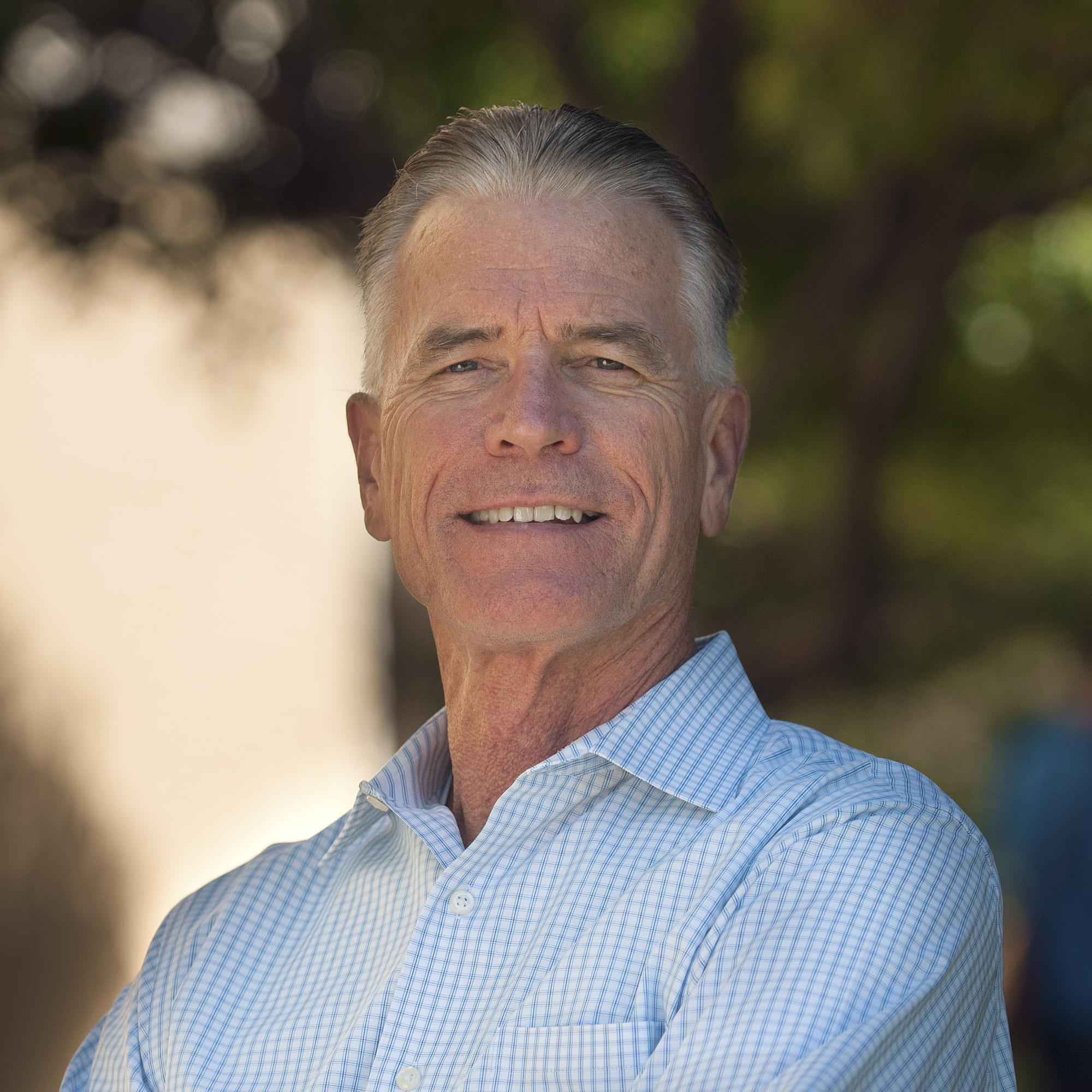Compelling Love: The Christian and Same-Sex Attraction

Eight years ago, a book titled unChristian by David Kinnaman, president of The Barna Group, explored Christianity’s slipping image. The research underpinning the book’s conclusions revealed a new image of Christianity that has steadily grown in prominence over the previous decade. The Barna website summarizes: “Today, the most common perception is that present-day Christianity is ‘anti-homosexual.’ Overall, 91% of young non-Christians and 80% of young churchgoers say this phrase describes Christianity. As the research probed this perception, non-Christians and Christians alike expressed their belief that Christians show excessive contempt and unloving attitudes toward gays and lesbians.” Kinnaman’s conclusion: the church must address its current branding that to be a Christian means hating gays.
Starting the Conversation
Then three years ago, someone from Dallas’s Southern Methodist University (SMU) in Dallas phoned Dallas Theological Seminary and asked, “Do you have anyone over there who could come over here and talk about homosexuality?” After a brief pause, the person from DTS said, “Yeah, I think we have just the person for you.” Next thing I knew, the call came to me.
As a result, in February of 2012, the SMU Religious Studies program hosted Dr. Dawson Taylor and me for this topic: “Turning it upside down: A panel discussing differentiating views concerning psychology, Christian theology, and homosexuality.” At the time, Dr. Taylor was the executive minister at the Cathedral of Hope in Dallas. The church’s website says that in 2006 the Cathedral of Hope, known as the “world’s largest gay church,” was accepted into the United Church of Christ (UCC).
The night of the panel discussion, I met this man who greatly differed from me—someone I now call my friend. We both love Jesus and want to follow and serve him. We both have the same Bible, but we have a different hermeneutic and theology. And we have a different sexual ethic regarding same-sex attraction.
Connecting across Differences
After the presentation we agreed to get together again. Sometime later I visited his church a few times, and then I met with Dawson in his church office. I told him I had a sabbatical coming up, and that I was working on several projects about sexual identity and the church. I asked him if it would be okay if my wife and I attended as regular visitors for a while as learners to grow in our understanding about how he and his congregation know and follow Jesus. Without hesitating and with a big smile, he said, “Well, Gary, that would be wonderful. Please come join us.”
After doing so I realized that I was no longer the same person he had met on the night of our introduction. My theology had remained the same, but my operational theology was changing. That is, the way I lived out my theology began to change. As I wrestled more deeply with the question, “How do you connect with someone who greatly differs from, distresses, or even offends you?” I became more deeply gripped by the gospel that is full of grace and truth that leads to compelling love.
Long before meeting Dawson Taylor, I had been listening to a ten-sermon series by Tim Keller titled “Practical Grace: How the Gospel Transforms Character.” I’ve listened to this series countless times. As the message was percolating in my life, God was giving me a variety of experiences to drive the message to an operational level. As a clinical psychologist, I’ve heard stories behind closed doors for more than twenty-four years about struggles with same-sex attraction along with others’ responses of intolerance. As a DTS faculty member for almost eighteen years, I have also heard the same stories, but far fewer, in my capacity as a professor. As an ordained minister, I have met with many pastors who are bumping into these struggles, not only in their churches, but also in their immediate families and even personally.
Biblical Examples
How do you connect with someone who greatly differs from, distresses, or even offends you? Our own DTS maxim, “Teach Truth. Love Well,” along with the stories of Jesus and the apostle Paul are instructive and inspiring in answering this question.
What’s the story of Jesus Christ?
It is this: “The Word became flesh and made his dwelling among us. We have seen his glory, the glory of the one and only Son, who came from the Father, full of grace and truth” (John 1:14). “Jesus said to him, I am the way and the truth and the life. No one comes to the Father except through me” (14:6). “But God demonstrates his own love for us in this: While were still sinners, Christ died for us” (Rom. 5:8). “Accept one another, then, just as Christ accepted you, in order to bring praise to God” (Rom. 15:7).
How did Christ receive me?
When I was not like him, when I greatly differed from him, when I was alienated, oppositional, and adversarial to him, he did not wait for me first to be like him or to agree with him. He first moved toward me at his supreme cost that I might come to the Father. Jesus not only died for me, he was forsaken. He lost the face of the Father that I might never lose the smile of the Father. Jesus was full of grace and truth, never compromising on either. The truth was that in that state, I was so hopeless and helplessly lost that he had to die for me. The love was that when he fully knew me in the depth of my being lost, Christ wanted to die for me.
What’s the story of Paul?
What’s the story of Paul? Paul wrote, “For Christ’s love compels us” (2 Cor. 5:14). The love of Christ for Paul, as the chief of sinners, was so compelling that his mission statement was that he struggled with all of God’s power within him to present others complete and mature in Christ (Col. 1:28–29). Neither is it my love for Christ, but his love for me, that compels me.
It is not enough to be a gifted or good moral person. We must be graced. It is not enough to have a morally restrained heart. We must have a supernaturally changed heart. It is not enough to know truth, teach truth, or build big ministries with the truth. It is not even enough to have a relationship with God through Christ. Paul also prayed for followers of Jesus that—through the work of the Spirit of God—we might know the love of Christ that surpasses knowledge (Eph. 3:14–21). Such knowledge is cognitive, but it is so much more. It is the Spirit of God making the love of Christ more real to us experientially, so that it is more real, more important, more gripping, more compelling than anything else in our lives. It is compelling love. It is full of grace and truth. It compels us to “teach truth and love well.” Only the gospel-changed heart will free us and empower us through the compelling love of Christ.
Dr. Gary Barnes (ThM, 1983) is professor of Biblical Counseling at DTS. A licensed psychologist, he maintains a private practice, specializing in marriage and family counseling. He is also a certified sex therapist and an ordained minister. Dr. Barnes received his PhD in psychology at Columbia University in New York City. While in the Big Apple, he contributed to the NYU Medical Center’s Family Studies Clinic as a research coordinator. He later completed a postdoctoral fellowship through Parkland Hospital in Dallas and the Child Guidance Clinics of Dallas and Texoma, located in Sherman, Texas.
During his sabbatical in 2014, Dr. Barnes and others traveled the country with one question on their minds: “How do you connect with someone who greatly differs, distresses, or even offends you?” They posed this question to scores of people with different sexual and gender identities. The film “Compelling Love & Sexual Identity” is the result. It’s a thought-provoking feature-length documentary that captures people’s stories and candid responses. Watch his chapel message on the topic.
About the Contributors

C. Gary Barnes
“Dr. Barnes is an ordained minister and a licensed psychologist who specializes in marriage and family research, counseling, and training. After graduating from DTS he served as an assistant pastor for seven years. While in the New York area he was a research project coordinator at NYU Medical Center’s Family Studies Clinic and later completed a two-year postdoctoral
fellowship through Parkland Hospital (Dallas) and the Child Guidance Clinics of Dallas and Texoma. His great celebrations of life are his wife, four adult kids plus three more by marriage, ten grandkids, and bicycle racing.

